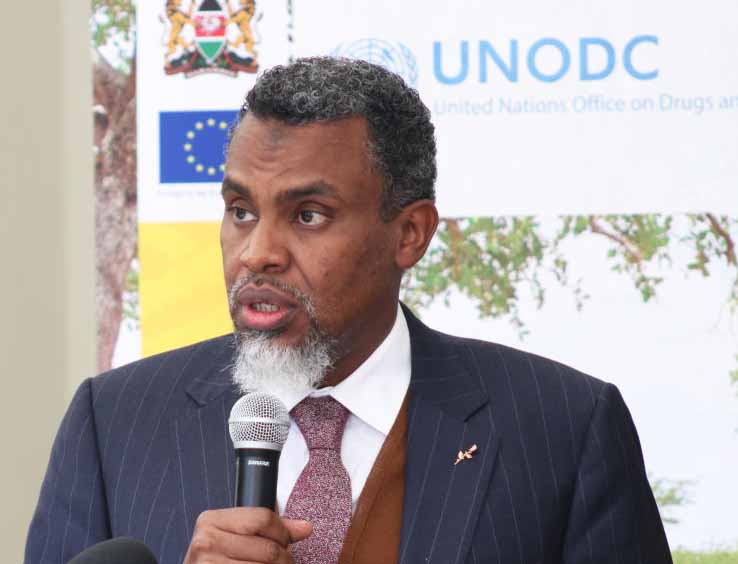×
The Standard e-Paper
Home To Bold Columnists

The feud over the investigation and prosecution of suspects in the murder of businessman Tob Cohen has exposed the simmering tensions between the Director of Public Prosecutions (DPP) and the Directorate of Criminal Investigations (DCI) boss.
While the two offices worked seamlessly at the beginning, and the appointment of their two heads was celebrated as fresh breath in the criminal justice system, the two seem to be at loggerheads.